As more people across Indiana participate in Plastic Free July, a growing global movement to reduce single-use plastics, the challenge is finding ways to go green without spending more green.
While it might seem like cutting out plastic is expensive, small changes can make a big impact on the environment and on the wallet.
Why it matters
Plastic waste is a growing concern in Indiana.
According to the Indiana Department of Environmental Management (IDEM), Hoosiers generate nearly 1,000 pounds of waste per person per year, and a significant portion includes single-use plastics like bags, bottles and food containers. Nationwide, the average American uses 365 plastic bags each year, according to the Center for Biological Diversity. Most of these end up in landfills or waterways.
But reducing plastic use doesn’t have to be a luxury. With a few smart swaps, households can cut waste and save money.
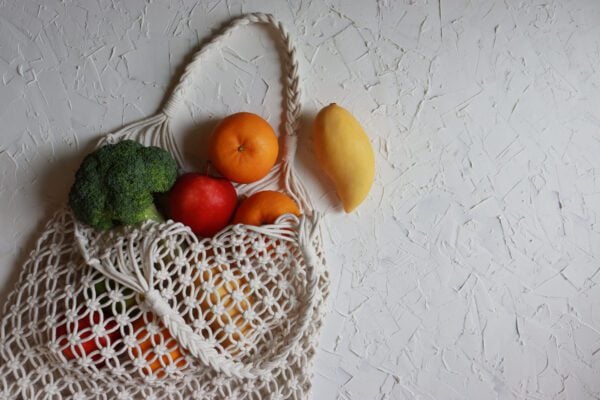
Ditch the plastic bags
Many grocery stores in Indiana still offer free plastic bags, but some cities like Bloomington have started encouraging reusable options.
While a single reusable tote may cost $1–$3 up front, it can replace hundreds of plastic bags over time. A study by the Australian state of New South Wales (which banned single-use bags in 2022) found households saved up to $150 per year by switching to reusables, mainly from avoiding bag fees and packing more items per trip.
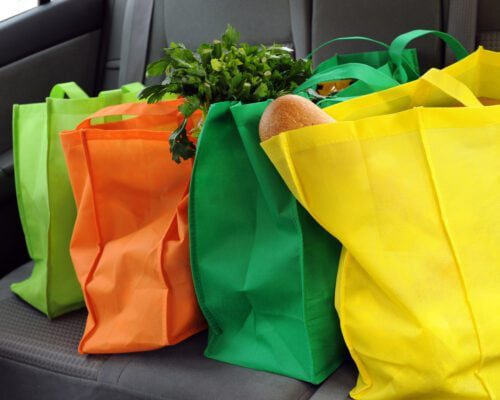
Bottled water vs. tap: A budget no-brainer
According to Citizens Energy Group, the average cost of tap water in Indianapolis is about $0.002 per gallon. Compare that to bottled water, which averages $1.22 per gallon, and the savings are clear.
A basic water filter pitcher costs around $20 and can provide clean water for months. Even adding in the price of replacement filters, the annual cost is still significantly less than buying cases of bottled water.
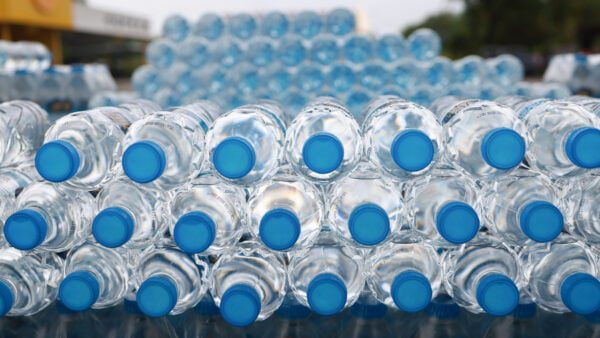
Smart swaps in the kitchen and bathroom
- Cloth napkins vs. paper towels: A one-time purchase of 12 cloth napkins for $10 can replace dozens of rolls of paper towels, which cost an average of $1 per roll.
- Reusable food containers vs. plastic wrap: A reusable silicone food wrap or beeswax wrap may cost $6–$12 but lasts for months. The average household spends about $20–$30 a year on cling wrap.
- Bar soap and shampoo bars: These plastic-free options last longer than liquid alternatives. A bar of soap ($4–$6) can outlast two bottles of body wash.
Get creative
Farmers markets and co-ops like Indy’s Pogue’s Run Grocer or Irvington Garden Club Market often let shoppers bring their own containers, reducing plastic packaging. Bulk buying also helps stretch dollars, especially on staples like rice, beans and oats.
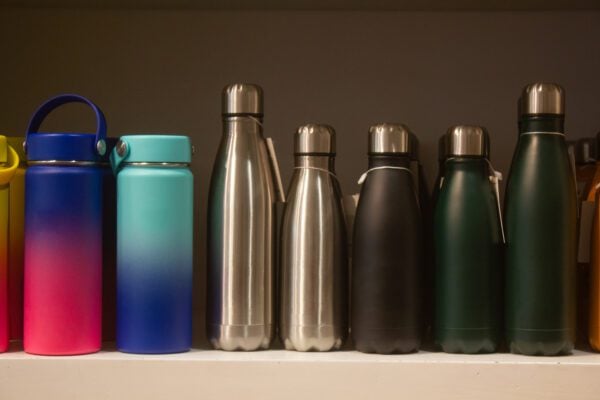
Where to start: Easy tips for Hoosiers
- Carry a refillable water bottle. Many Indiana parks and libraries have water refill stations.
- Bring your own coffee cup to local cafes, some offer discounts for doing so.
- Skip plastic utensils when ordering takeout.
- Keep a set of reusable cutlery in your car or work bag.
- Follow groups like Zero Waste Indy on social media for tips and swap events.
Going plastic-free doesn’t have to mean going broke. With thoughtful choices and small adjustments, Hoosiers can join the global sustainability effort while keeping more money in their pockets.
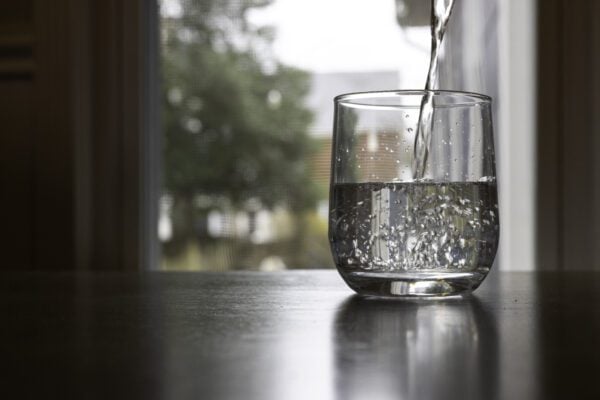
For more tips, visit plasticfreejuly.org or check out IDEM’s waste reduction resources at in.gov/idem.
Contact Health & Environmental Reporter Hanna Rauworth at 317-762-7854 or follow her on Instagram at @hanna.rauworth.
Hanna Rauworth is the Health & Environmental Reporter for the Indianapolis Recorder Newspaper, where she covers topics at the intersection of public health, environmental issues, and community impact. With a commitment to storytelling that informs and empowers, she strives to highlight the challenges and solutions shaping the well-being of Indianapolis residents.







